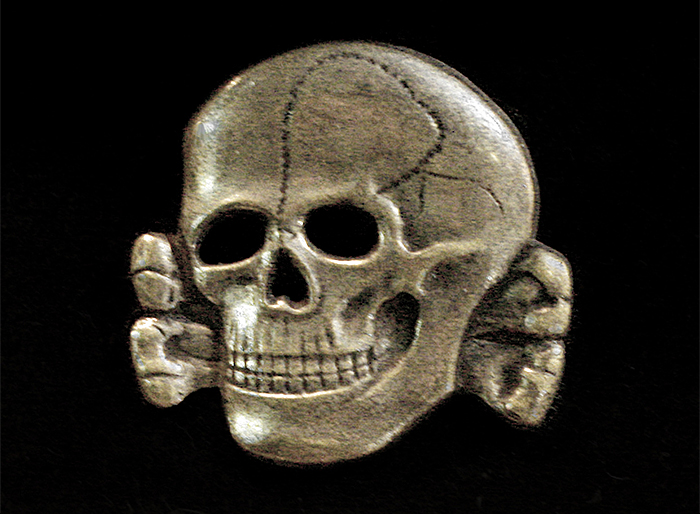
According to a new book, General Mark Milley, Chairman of America’s military Joint Chiefs of Staff, was so alarmed at Trump’s behavior leading up to the transition of power that he referred to the former President’s comments as sounding like Adolph Hitler. He conferred with other members of the military to ensure that a coup by Trump did not occur.
I’ve been waiting for this emerging episode in American history to finally be called what it is, Fascism, and its enablers, Nazis. I’m not speaking literally, of course; Nazism was a product of the early 20th century, and technically a term used to describe the National Socialist political movement spearheaded by Benito Mussolini and Adolph Hitler. And even though neo-Nazi movements have adopted the symbols and rhetoric of that time, it’s not the trappings of such movements that define them, rather it’s the mindset.
The Fascist mindset is violent, scapegoating, and rigidly nationalistic; loyalty to a leader promising the imposition of order is common. Ironically, the Fascist mindset masks its source: intense feelings of shame and humiliation. In his book Bloody Revenge: Emotions, Nationalism and War, author Thomas Scheff explores the role of shame and humiliation in global conflict; suffice to say, that role is huge. The greater the shame and feelings of humiliation, Scheff explains, the greater the violence and rage. Political theory plays second fiddle to human emotion.
When an emotionally driven mob was sent to the Capitol building by Donald Trump on January 6th of this year, we witnessed the rage of shame and humiliation. Bent upon preventing the final certification of election results, the enraged crowd smashed windows and trashed offices and corridors, some spreading excrement on walls and doors. Used as an expression of shame, excrement is as emotionally primitive as it gets; Jonathan Swift’s Gulliver’s Travels, written in 1726, features excrement throwing “Yahoos.”
In a 1995 essay, the brilliant Umberto Eco described what he called Ur-Fascism, or Eternal Fascism. He noted that “the fascist game can be played in many forms, and the name of the game does not change.” Among the features of Eternal Fascism, Eco included:
- The cult of tradition: primeval truth
- The rejection of modernism: The Enlightenment, the Age of Reason, is seen as the beginning of modern depravity.
- The cult of action for action’s sake: Thinking is a form of emasculation.
- Disagreement is treason
- Exploiting and exacerbating the natural fear of difference: Ur-Fascism is racist by definition.
- Ur-Fascism derives from individual or social frustration.
- Obsession with a plot, possibly an international one. The followers must feel besieged.
- The followers must feel humiliated by the ostentatious wealth and force of their enemies.
- Pacifism is trafficking with the enemy. It is bad because life is permanent warfare.
- A popular elitism: every citizen belongs to the best people of the world.
- Heroism is the norm. This cult of heroism is strictly linked with the cult of death.
- The Ur- Fascist hero tends to play with weapons – doing so becomes an ersatz phallic exercise.
- The People is only a theatrical fiction: The People is conceived as a quality, a monolithic entity expressing the Common Will.
- Use of an impoverished vocabulary, and an elementary syntax, in order to limit the instruments for complex and critical reasoning.
This is an abbreviated list, and Eco’s eight-page essay is well worth reading. It’s time to call what’s happening by its rightful name.
I picked up a book about 1933 Germany in order to read about how fascism triumphed at that time. The good news is that Germany was pretty fucked up at the time even without the Nazi’s; wide acceptance of political violence (including abduction and murder), a strong militaristic tradition, and a weak and unproven political system. Bad as it is, Germany was way worse off than the US is now.
Of course, the kind of things the trumpers are doing now are the kinds of things that can weaken the political system to the point where fascism becomes viable.